
The importance of literary reading
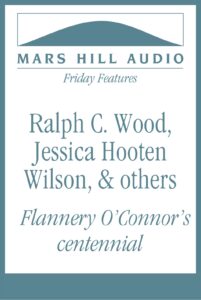
Flannery at 100
In honor of Flannery O’Connor’s 100th birthday, we have gathered here an aural feast of interviews with O’Connor scholars and aficionados discussing her life, work, and faith. (3 hours, 28 minutes)

Ideas made incarnate
In this lecture, Karen Swallow Prior examines the power of great literature to shape lives, nourish imaginations, and develop a vision of the good life. (43 minutes)

Insights into O’Connor’s development as a writer
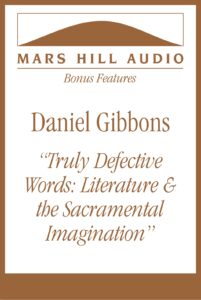
“A sign of contradiction”
In this lecture, Daniel Gibbons compares and contrasts understandings of sacramental poetics proposed by Augustine, Aquinas, and Sydney. (36 minutes)
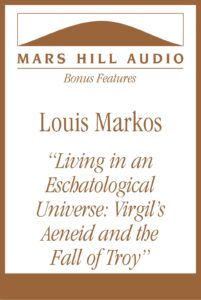
Virgil and purposeful history
In this lecture from June 2019, classical educator Louis Markos examines Book II of The Aeneid to argue that Virgil had an eschatological view of history. (68 minutes)
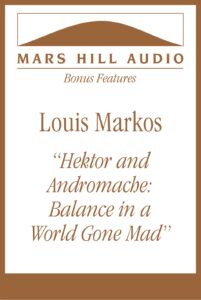
Bearing well the burdens of the past, present, and future
Louis Markos shows how great literature like the Iliad links us to the human story and strengthens us to live fully and well. (65 minutes)

Books worthy of a lifetime of encounters

Literature for wisdom, not propaganda

Apprehending the enduring things
Vigen Guroian explains how children’s literature has the capacity to birth the moral imagination in our children, affirming for them the permanent things. (53 minutes)
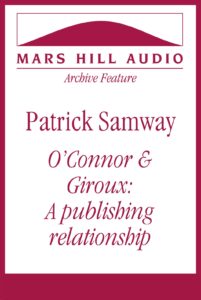
Flannery O’Connor and Robert Giroux
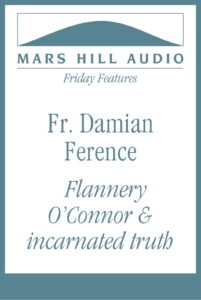
The artist’s commitment to truth
Fr. Damian Ference, author of Understanding the Hillbilly Thomist, explores the depths to which Flannery O’Connor was steeped in Thomistic philosophy. (18 minutes)
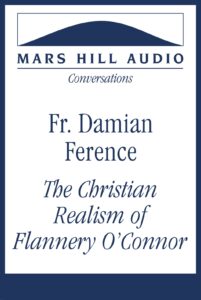
Flannery O’Connor and Thomistic philosophy
Fr. Damian Ference explores the depths to which Flannery O’Connor was steeped in Thomistic philosophy, as evidenced by her reading habits, letters, prayer journal, and, of course, essays and fiction. (48 minutes)

Experiencing literature in its wholeness
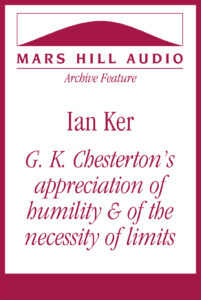
A fresh and refreshing imagination
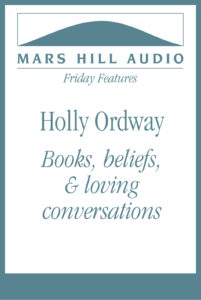
Books, beliefs, and loving conversations
Holly Ordway talks about the need for “intellectual hospitality” when we encounter books (or people) whose beliefs are very different from our own. (19 minutes)
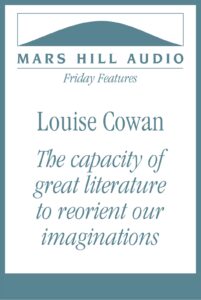
Sustaining a heritage of wisdom
Louise Cowan (1916–2015) explains how the classics reach the deep core of our imagination and teach us to order our loves according to the wholeness of reality. (16 minutes)

Mars Hill Audio Journal, Volume 157
FEATURED GUESTS:
Allan C. Carlson, Matthew Stewart, Steven Knepper, Holly Ordway, Norm Klassen, and Norman Wirzba
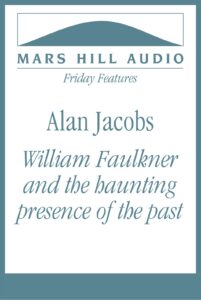
Faulkner’s tragic vision
Alan Jacobs describes how William Faulkner’s fiction explored the tragedy of living with a legacy of evil acts. (26 minutes)

Communion of saints
Jessica Hooten Wilson asserts that reading stories of holiness in the lives of “literary saints” helps to cultivate Christian character in us. (25 minutes)